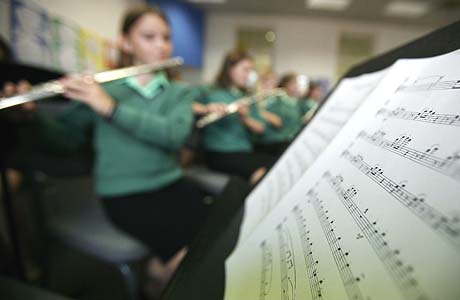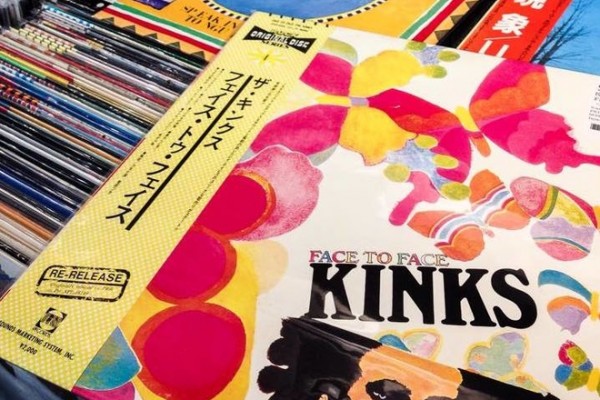When people think of education currently, they view it with an ideal pertaining to pragmatic purpose. In our current established capitalistic society, the purpose of education is ultimately to prepare one for a career that will help them obtain profit. While some argue the economic practicality of this, we can also observe a huge degrading of the arts in many forms. It is true that most people enjoy the arts in multiple forms: watching movies, listening to music, going to shows – however, they tend to frown upon it as an actual career.
The elitism between faculties at McGill is a pretty good example of this. If your area of study is one that isn’t going to churn you out into a substantial profit maker, chances are you have faced some degree of ridicule within the university sphere. This is an even bigger reality for people in fine arts, and for today, I’m going to focus on musicians.
No, I am not a fine arts student and have not done formal music training since twelfth grade, but I have been a musician for thirteen years, and I believe that a good deal of my successes in other fields are owed to it. Learning to play music serves emotional, disciplinary, and (no pun intended) instrumental purposes. I will go through each of these in attempt to make the case that cuts to music programs on the basis of career practicality are an unacceptable mistake.
The most obvious benefit of music education is the emotional benefit. Most living human beings feel connections to music, and it has the power to influence their moods in particular ways. Merely listening to music serves therapeutic purposes – people relate to it, engage with it, and use it as a component of their socializing. Why? Because music is expressive. One may at times feel that there is a gap between their thoughts and the words available to describe those thoughts. Music (or any other form of art) is the substance that fills that gap.
Learning an instrument is like learning a new language. It gives you a form of expressive freedom that you once did not have. It allows you to communicate what you otherwise were not able to. Thus, it is a mentally healthy activity to engage in. While in a profit oriented society we might not see emotional benefits as something particularly significant enough, it is important to consider that aside our careers, whatever they may be, we also are subjectively experiencing people whose mental health requires active tending to. Emotional soundness and expressive freedom is what will allow one to increase their performance overall, regardless of what the activity may be.
The second benefit of music education is the disciplinary benefit. Learning an instrument and the theory behind it requires a tremendous amount of discipline. People often discount the intricacy and difficulty of music and especially music theory because of its lack of luxurious career prospects in comparison to other academically rigorous fields. However, anyone that learned an instrument can tell you that the amount of time and dedication required is huge, and sometimes not all that pleasant. You might have to force yourself to play scales and other dry technical exercises for hours only to be asked to play them for less than two minutes at your exam. You might have to study theory rules on Friday nights before your Saturday morning exam only to find that you failed it two weeks later.
Music is a journey, and you learn from it. You learn the value of committing yourself to something early on, and dedicating your time and effort into producing masterful work. The commitment put in comes with a reward that is deeper than the exam certificates or festival medals you receive. You are rewarded with personal fulfilment and expressive freedom as a product of discipline and hard work. This is a valuable lesson.
The instrumental benefit is a product of the other two. The skills and emotional fulfilment obtained from music are important and applicable to the rest of your experiences. Over time, be it in academics or your career, these disciplinary skills will aid you, and the emotional benefits of music will serve as an outlet to preserve your mental well-being. These are important skills and are of no less value than the skills other subjects provide.
Cuts to music education therefore have very little justification. Learning music produces valuable results. It is important to support a vast amount of subjects that further people on their intellectual journeys. Music empowers people to express themselves in unique ways, and offering courses in music gives them an opportunity to deepen their means of expression. Music has value, and even the society we are in makes room for it and the creativity it offers.










